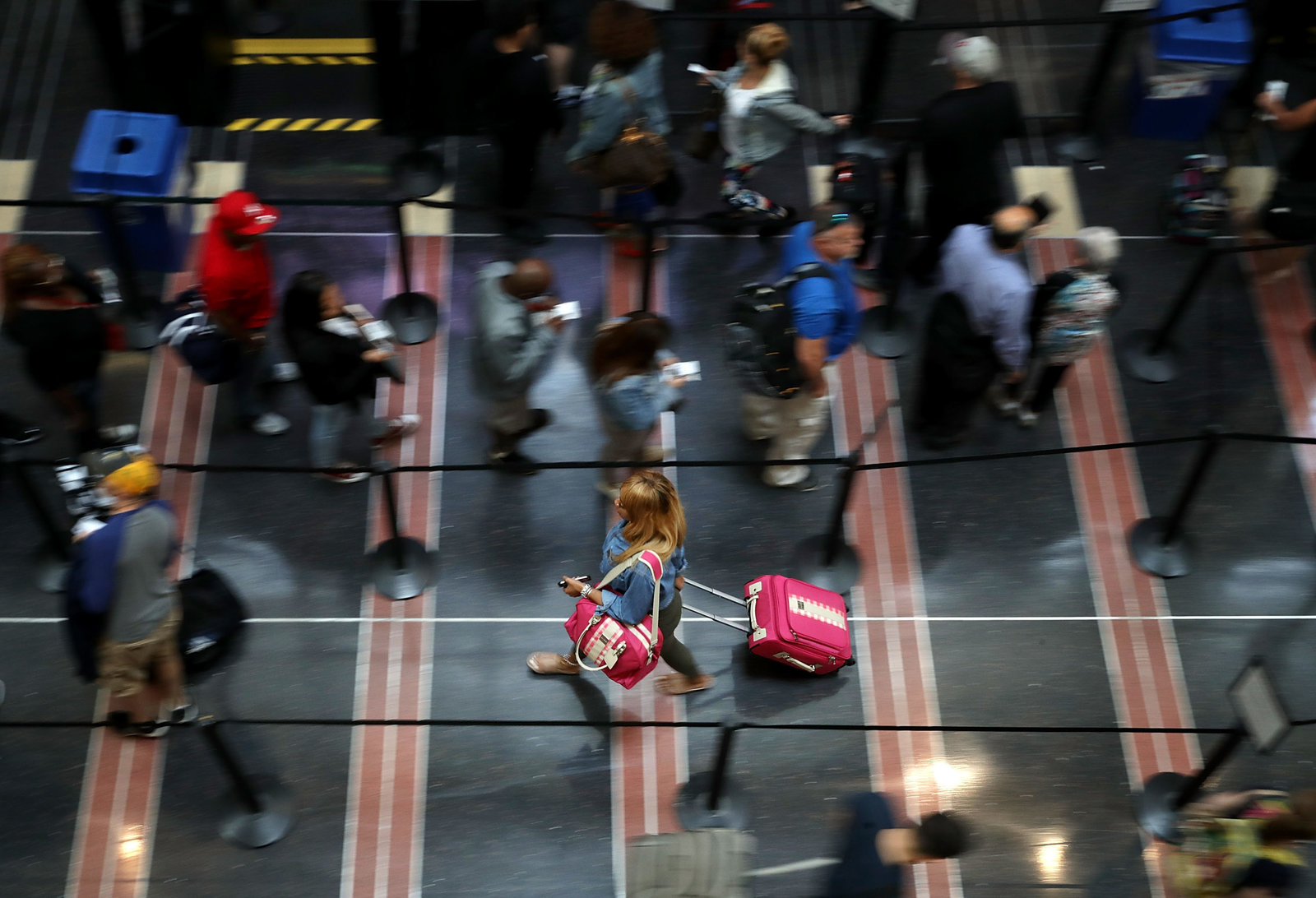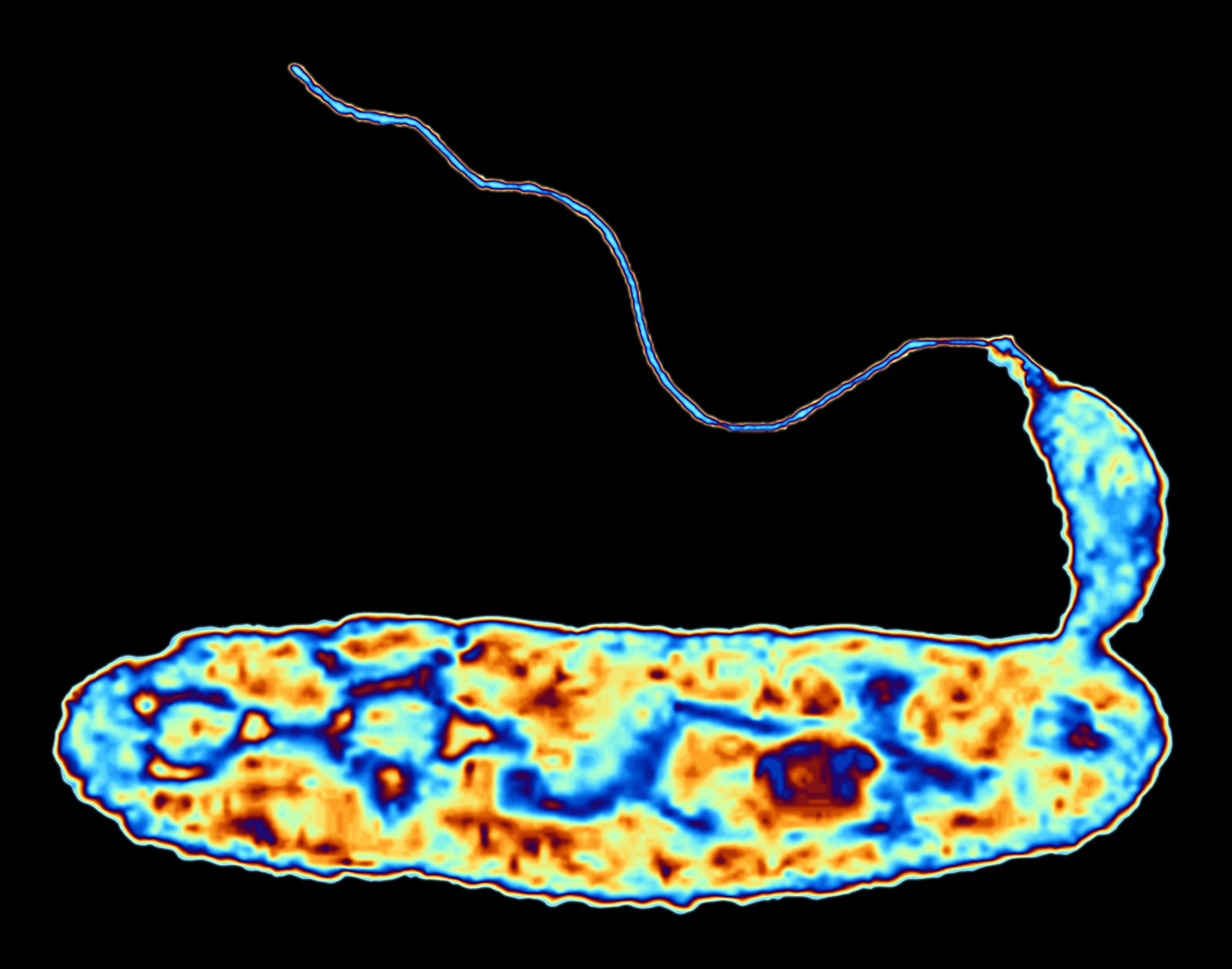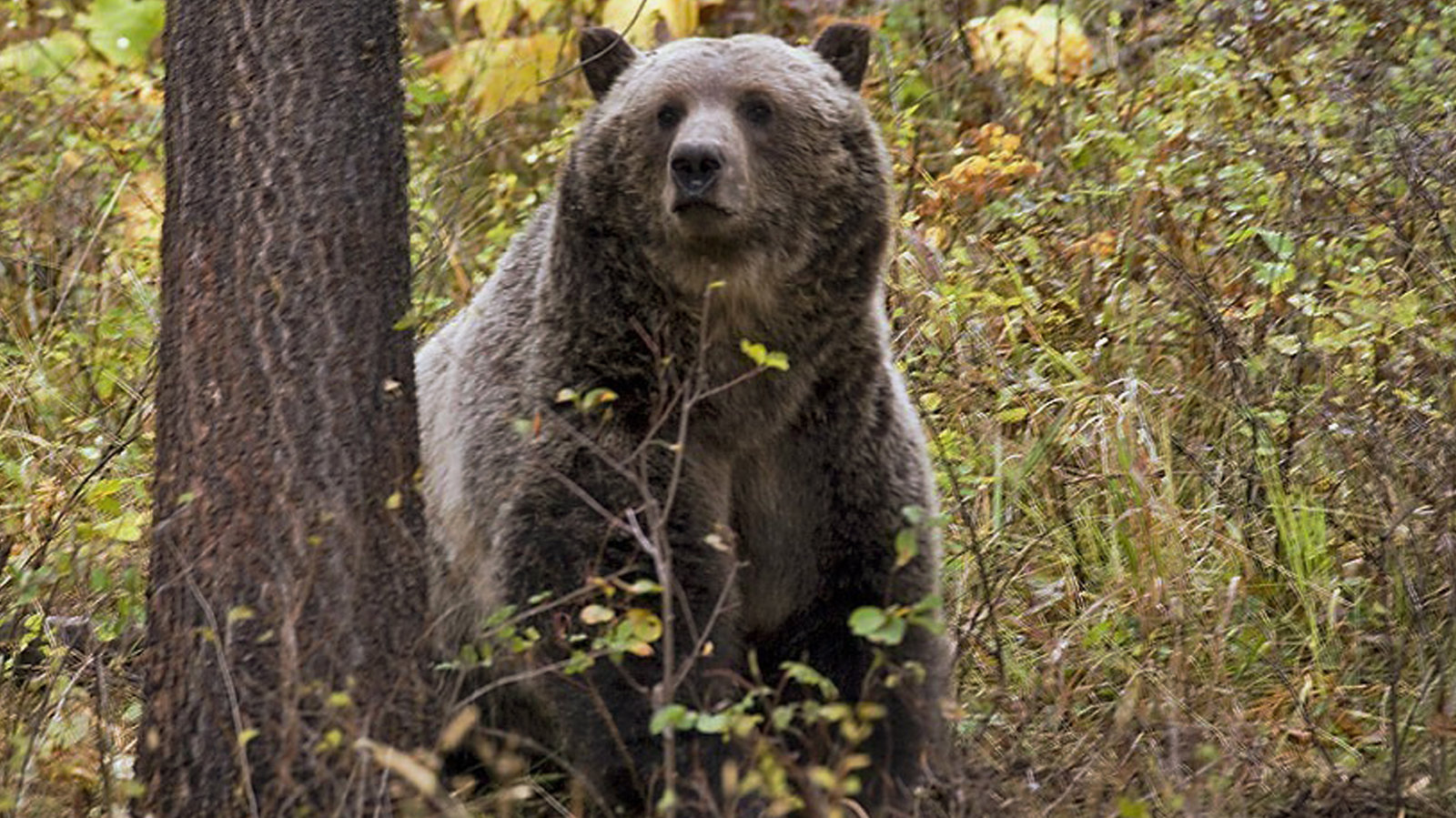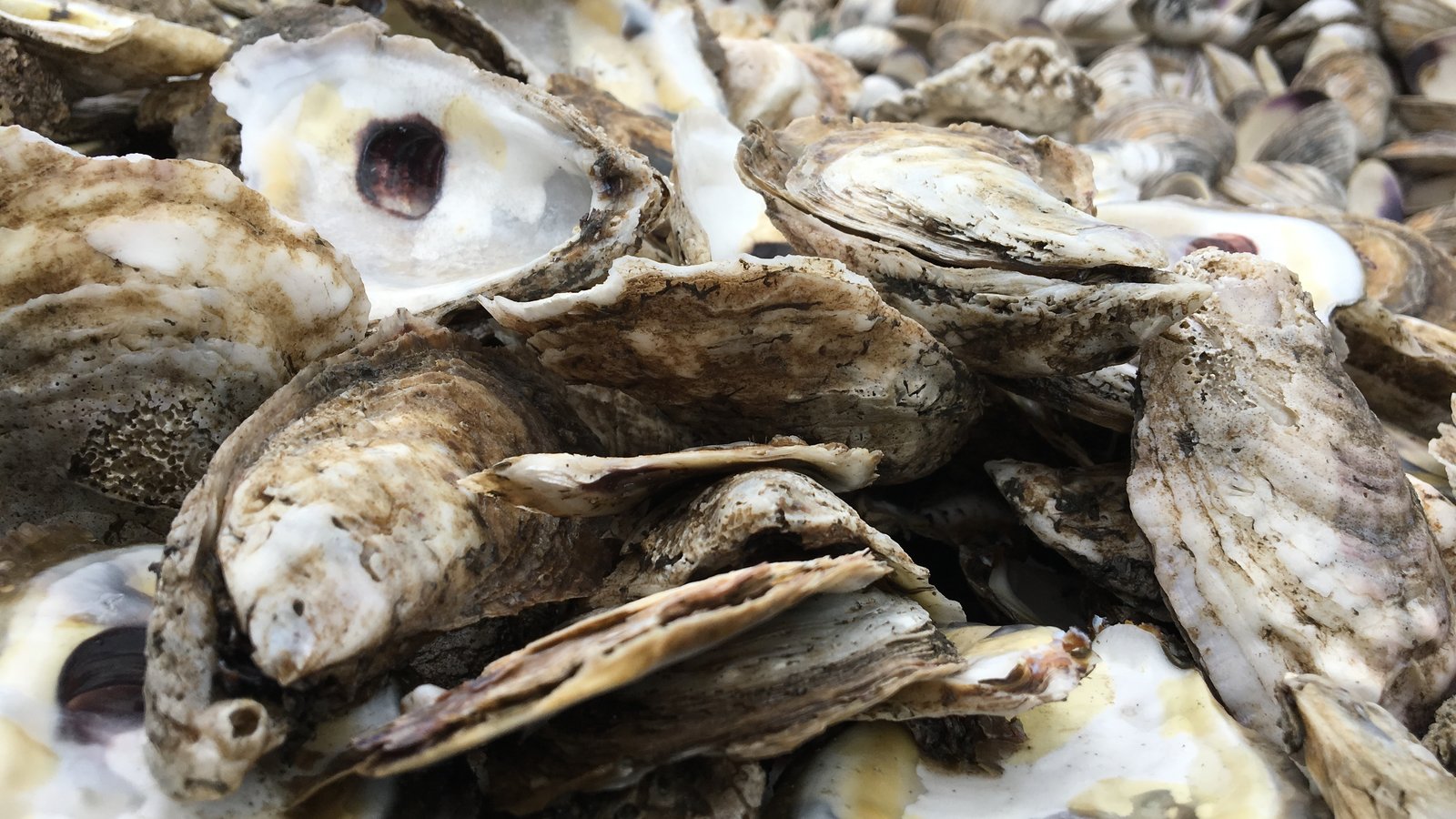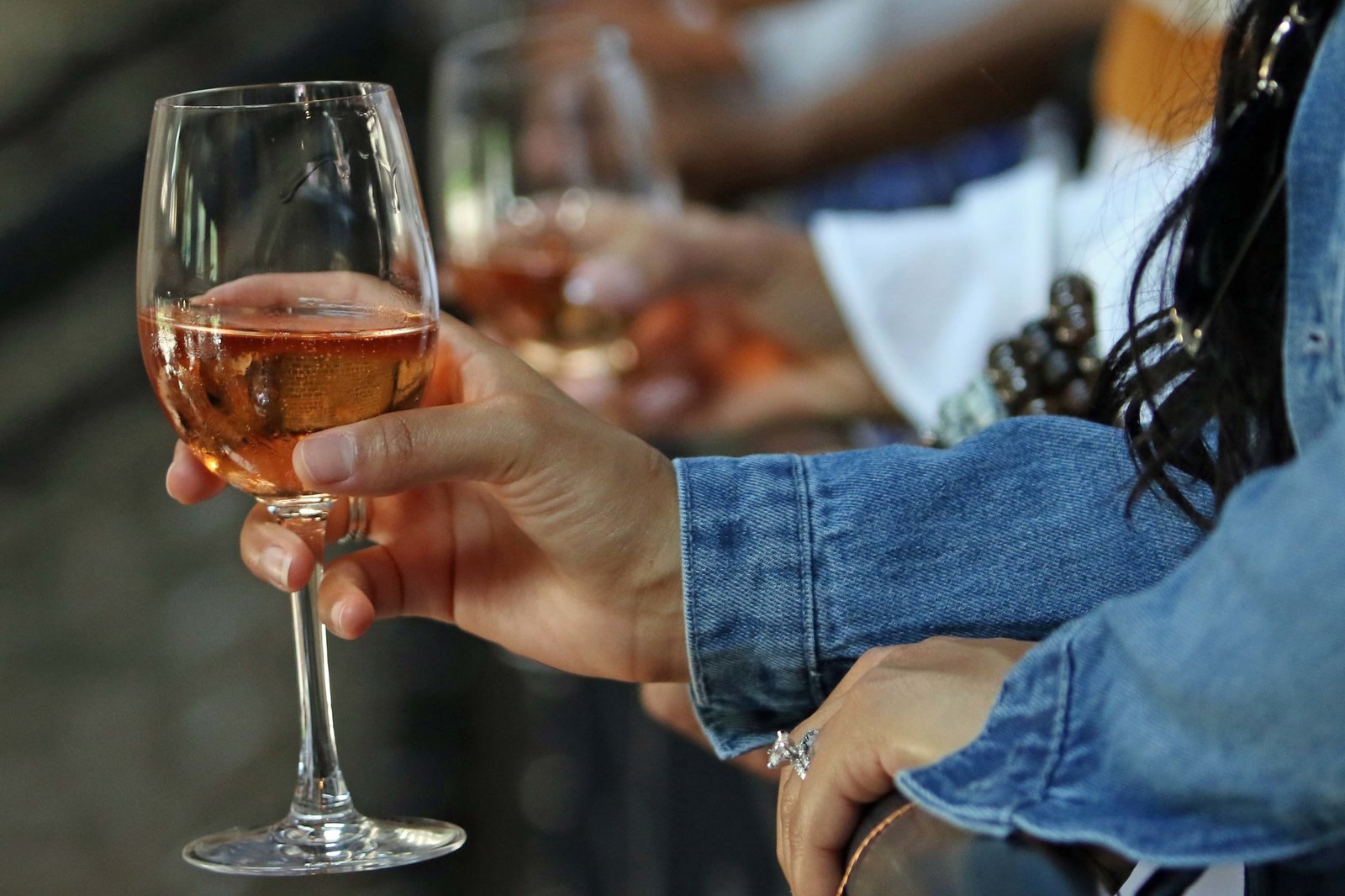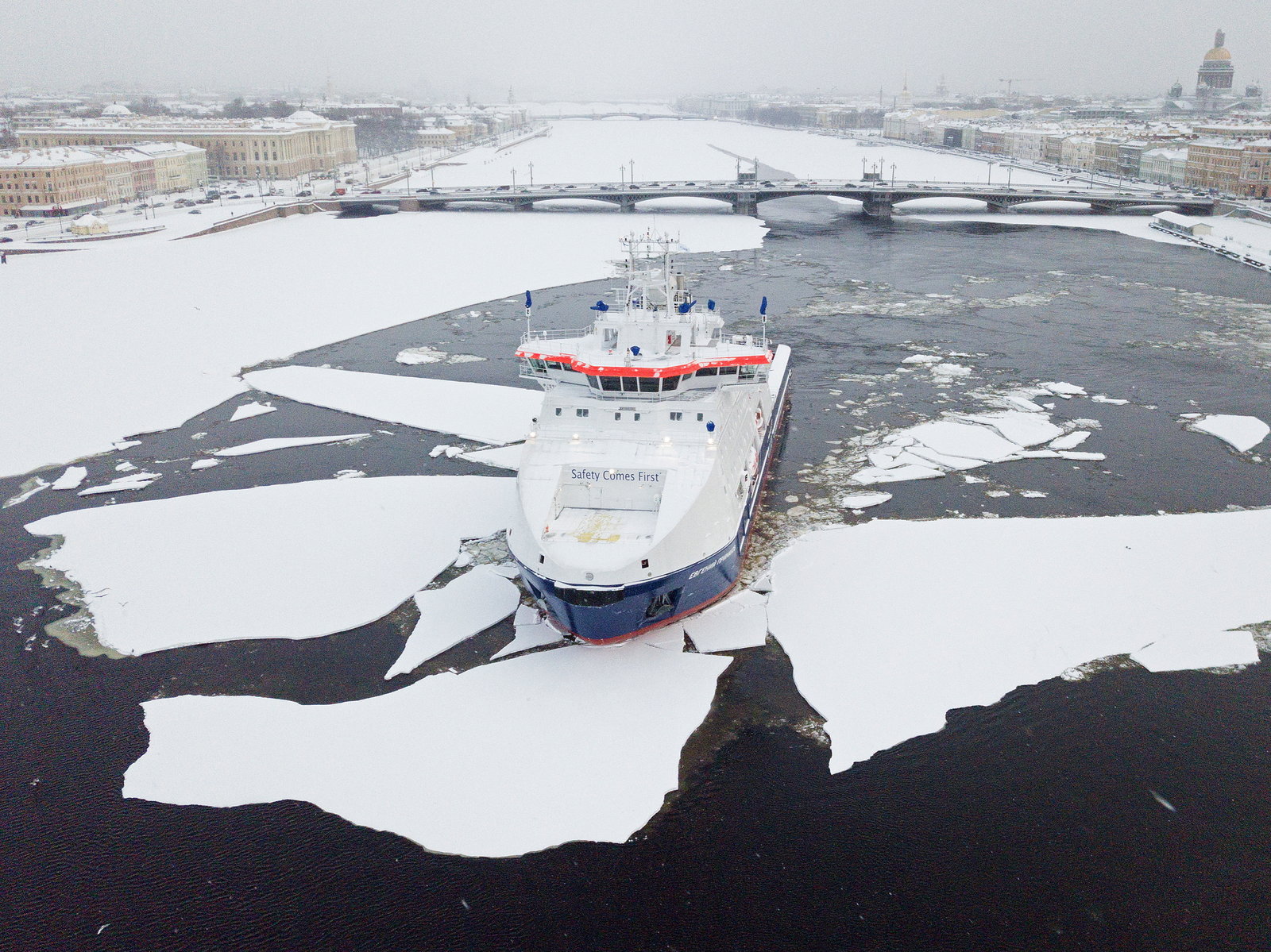 Sunday, September 9, 2018 at 11:37AM
Sunday, September 9, 2018 at 11:37AM Infectious Theory of Alzheimer's Disease Draws Fresh Interest
"Dr. Leslie Norins is willing to hand over $1 million of his own money to anyone who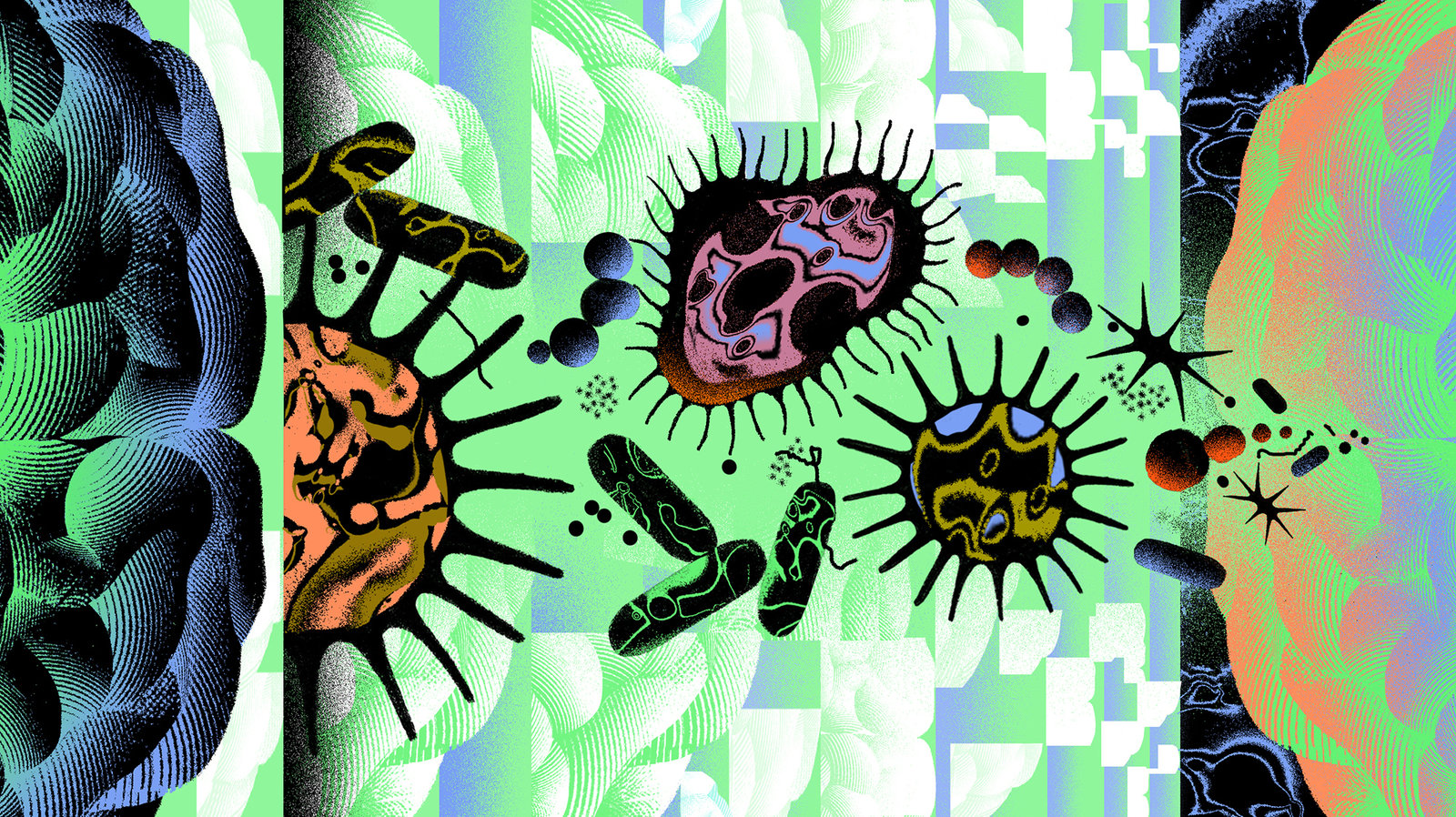 can clarify something: Is Alzheimer's disease, the most common form of dementia worldwide, caused by a germ?"
can clarify something: Is Alzheimer's disease, the most common form of dementia worldwide, caused by a germ?"
"By 'germ' he means microbes like bacteria, viruses, fungi and parasites. In other words, Norins, a physician turned publisher, wants to know if Alzheimer's is infectious."
"It's an idea that just a few years ago would've seemed to many an easy way to drain your research budget on bunk science. Money has poured into Alzheimer's research for years, but until very recently not much of it went toward investigating infection in causing dementia."
"But this 'germ theory' of Alzheimer's, as Norins calls it, has been fermenting in the literature for decades. Even early 20th century Czech physician Oskar Fischer — who, along with his German contemporary Dr. Alois Alzheimer, was integral in first describing the condition --noted a possible connection between the newly identified dementia and tuberculosis."
"If the germ theory gets traction, even in some Alzheimer's patients, it could trigger a seismic shift in how doctors and understand and treat the disease."
